The State Department’s ongoing shift toward implementing Diversity, Equity, and Inclusion (DEI) has stirred considerable controversy, especially with the appointment of Zakiya Carr Johnson as the Chief Diversity and Inclusion Officer. This move signals a growing trend within the department to prioritize ideological alignment over traditional qualifications—a development that many argue could compromise the effectiveness and impartiality of American diplomacy.

Johnson has previously characterized American institutions as deeply flawed, permeated by racism and exclusion. Her statements from 2019, accusing U.S. organizations of failing to “reconcile with their colonizing past” and labeling them as a “failed historic model,” lay the groundwork for a radical rethinking of America’s international representation.
Concerns about this ideological pivot were palpable during a State Department press briefing, particularly in the exchange captured between 40:45 and 42:43 of the attached video of the State Department News Conference. During this segment, when pressed by Fox News’ Griff Jenkins about the implications of Johnson’s past remarks, State Department spokesperson Matthew Miller defended the DEI agenda. Miller asserted that the administration’s efforts to mirror America’s racial and ideological diversity make the workforce “stronger” and enhance the nation’s capacity to protect its security interests.
Former Secretary of State Mike Pompeo, as reported by Fox News, has vehemently criticized the administration’s approach, suggesting that it would “destroy the State Department” and make America “less safe.” Pompeo argues that the adoption of what he describes as an “anti-American Marxist dogma” will lead to a department that values ideological conformity over proven diplomatic expertise and merit. He believes this shift is more about appeasing the progressive left than bolstering America’s diplomatic prowess.
Moreover, Pompeo warned that this ideological shift risks demoralizing the State Department’s staff and could lead to a loss of talent, which is essential for maintaining America’s diplomatic strength. His concerns reflect a broader anxiety that the new DEI directives could prioritize political correctness over the necessary qualifications and achievements traditionally required for advancement within the department.
During the aforementioned video segment, Matthew Miller’s responses suggested an emotional commitment to the DEI cause, indicative of a broader ideological push within the left, which emphasizes narrative over diversity of thought. This approach risks alienating those within the department who may hold differing views on America’s identity and global role.
Final Thoughts
The integration of DEI principles in the State Department raises significant questions about the future of America’s foreign policy apparatus. While diversity can provide a richer array of perspectives, it should not overshadow the essential qualifications and dedication required of those who represent the United States abroad. The priority must remain on fostering a diplomatic corps that is effective, qualified, and truly representative of American values and principles, not merely its demographic or ideological spectra. As this debate continues, it will be crucial to monitor how these changes affect not only the internal dynamics of the State Department but also America’s standing on the world stage.





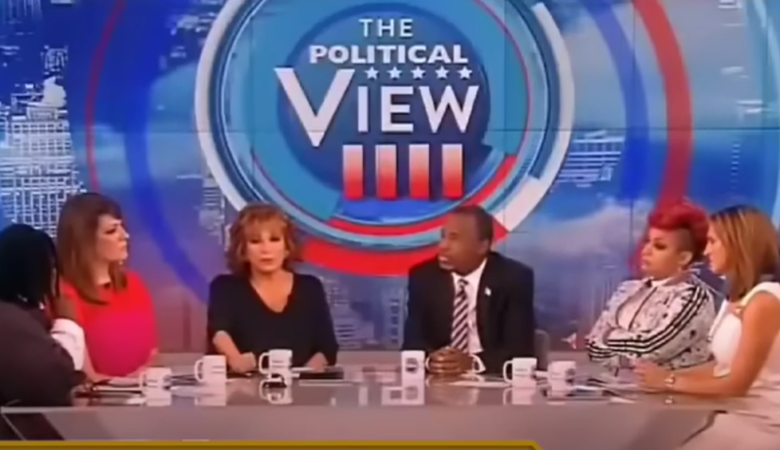
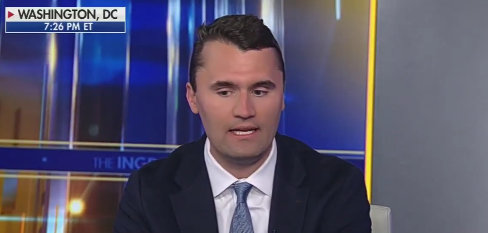

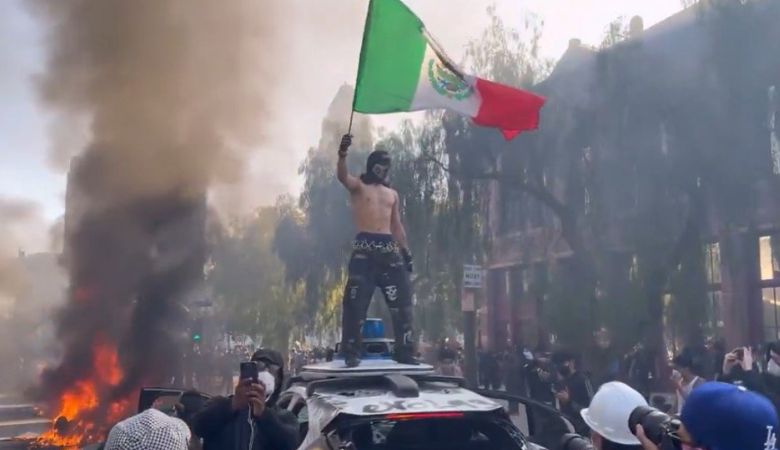

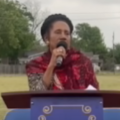

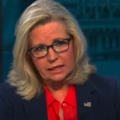

Leave a Reply